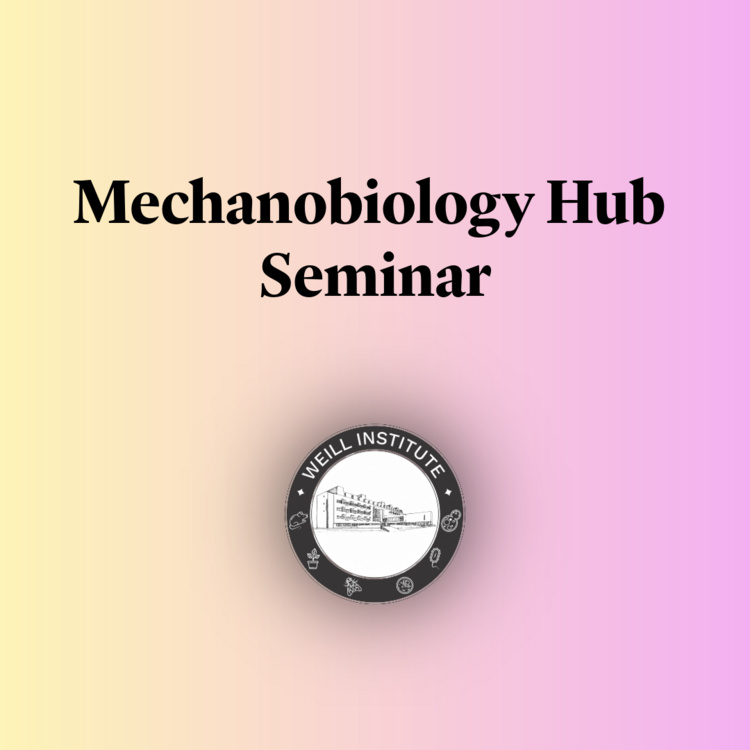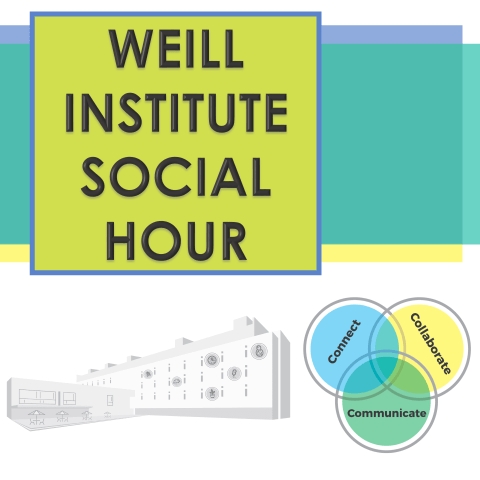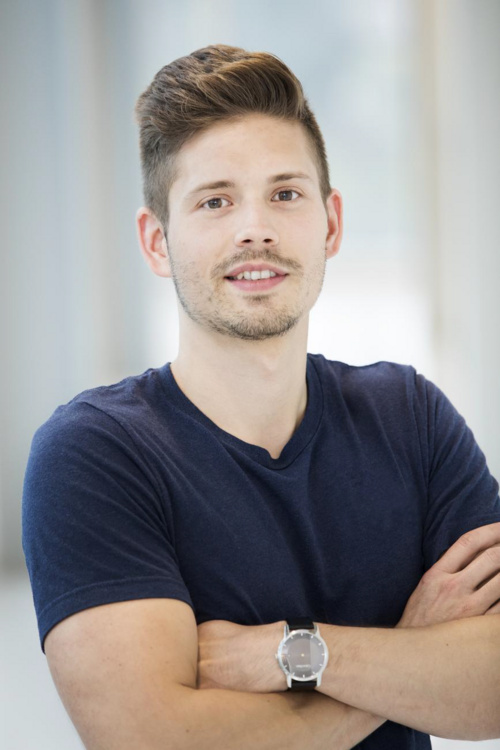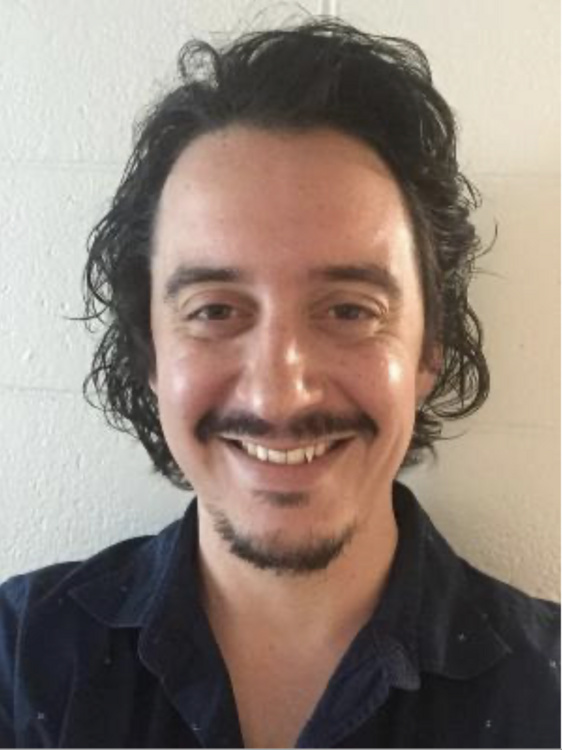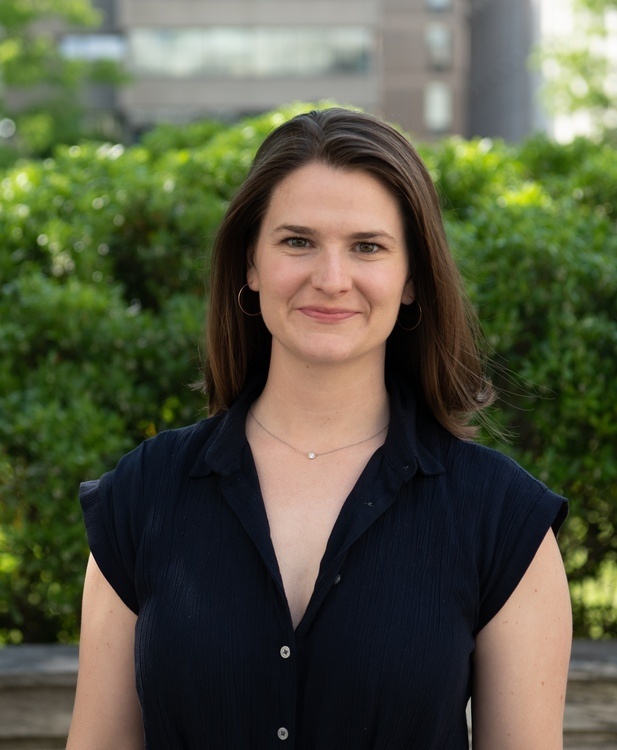Stimulate discovery | Advance knowledge | Improve health
At the Weill Institute for Cell and Molecular Biology, researchers push the frontiers of biology by decoding how cells function at the molecular level, pioneering innovative techniques, and analyzing mechanisms of health and disease to transform our understanding of life’s fundamental processes.
The Institute thrives as an interdisciplinary hub of life science research at Cornell. Behind every breakthrough is a dedicated community of scientists, support staff, and students asking bold questions, undertaking cutting-edge research, and sharing ideas and technology – to advance knowledge and improve the human condition.
Explore how we are tackling critical challenges at the forefront of biology and medicine to shape a healthier future for all.








